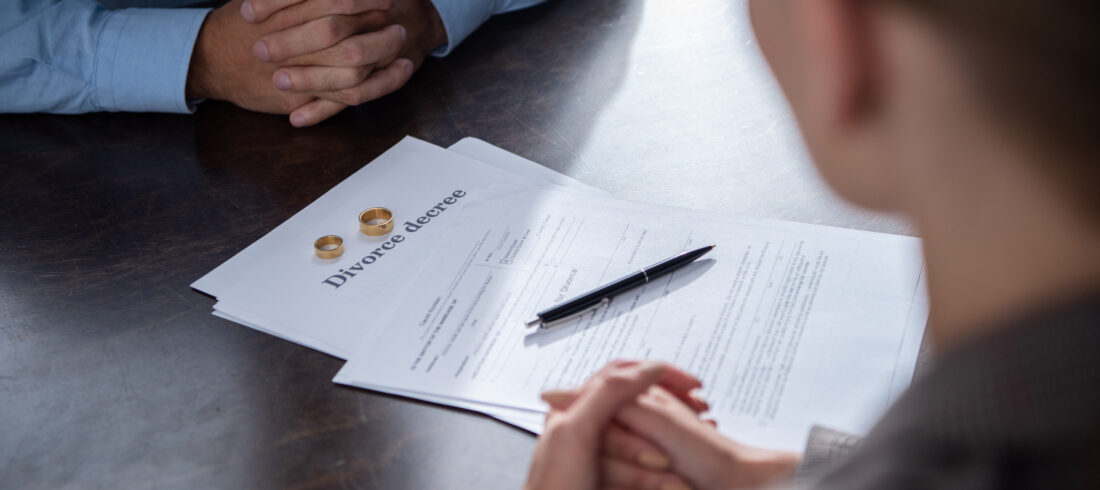
We’ve all heard the horror stories from friends, coworkers or family members who have gone through a nasty divorce. Few “life events” compare to divorce when it comes to financial security, not to mention the emotional toll it can take on a family and their quality of life.
When Bankruptcy Meets Divorce
Money is the number one stressor in many relationships, so it makes sense to think that couples with money problems would seek a solution through divorce. However in most cases, the divorce does nothing but make their money issues more troubling because now they are trying to run two separate households on the same income. Issues such as custody, alimony and child support can cause resentful or vindictive behavior that can become even worse over time. Needless to say, when divorce gets messy you must take steps to protect your financial future.
In a divorce situation, each spouse is likely to believe that the other spouse is responsible for their money problems, which can cause them to make rash and uninformed financial moves during separation. This is never a smart move because it can result in repercussions down the road. One thing to keep in mind; you can divorce your spouse, but you can’t divorce the debts incurred during your marriage.
That’s right; both spouses are responsible for the debts incurred during the time of the marriage. By the time you reach a settlement the debts will be divided, but until then they are still considered “marital debt,” so be careful with spending. Another important thing to remember is a divorce settlement is only between the spouses, not the creditor and credit card holder. Creditors are still allowed to collect the debt from either one of the authorized account holders.
If you suspect your ex is preparing to file for bankruptcy, be aware that the debts assigned to them could ultimately come back to you. Not only would you be liable for repayment; you would also be struggling with a lower income than you had before the divorce. In these instances it could make more sense for both of you to file for bankruptcy before the divorce. At least then you will know what to expect at the time of property division, but it will take a lot of negotiation with your soon-to-be-ex. A Colorado Springs bankruptcy lawyer can help move this process along. If your relationship has deteriorated to the point where you can’t communicate with each other, this option may not be for you.
Most recent divorcees don’t relish the thought of having bill collectors come after them for debts incurred by their ex. If this concerns you and you don’t want to file for bankruptcy before the divorce, your attorney can offer some suggestions that will protect your financial interests. Your attorney may suggest that you obtain a lien on some of your ex’s property to help make sure that you don’t get stuck paying his or her share.
Bankruptcy and support payments
One of the most commonly asked questions that comes up from newly divorced clients is whether bankruptcy can reduce or eliminate alimony and/or child support payments. These liabilities are court-ordered and not dischargeable in a bankruptcy proceeding.
If you are curious about how divorce affects bankruptcy and vice-versa, consult with an experienced Colorado bankruptcy attorney.
Photo Courtesy of stockimages / FreeDgitalPhotos.net






